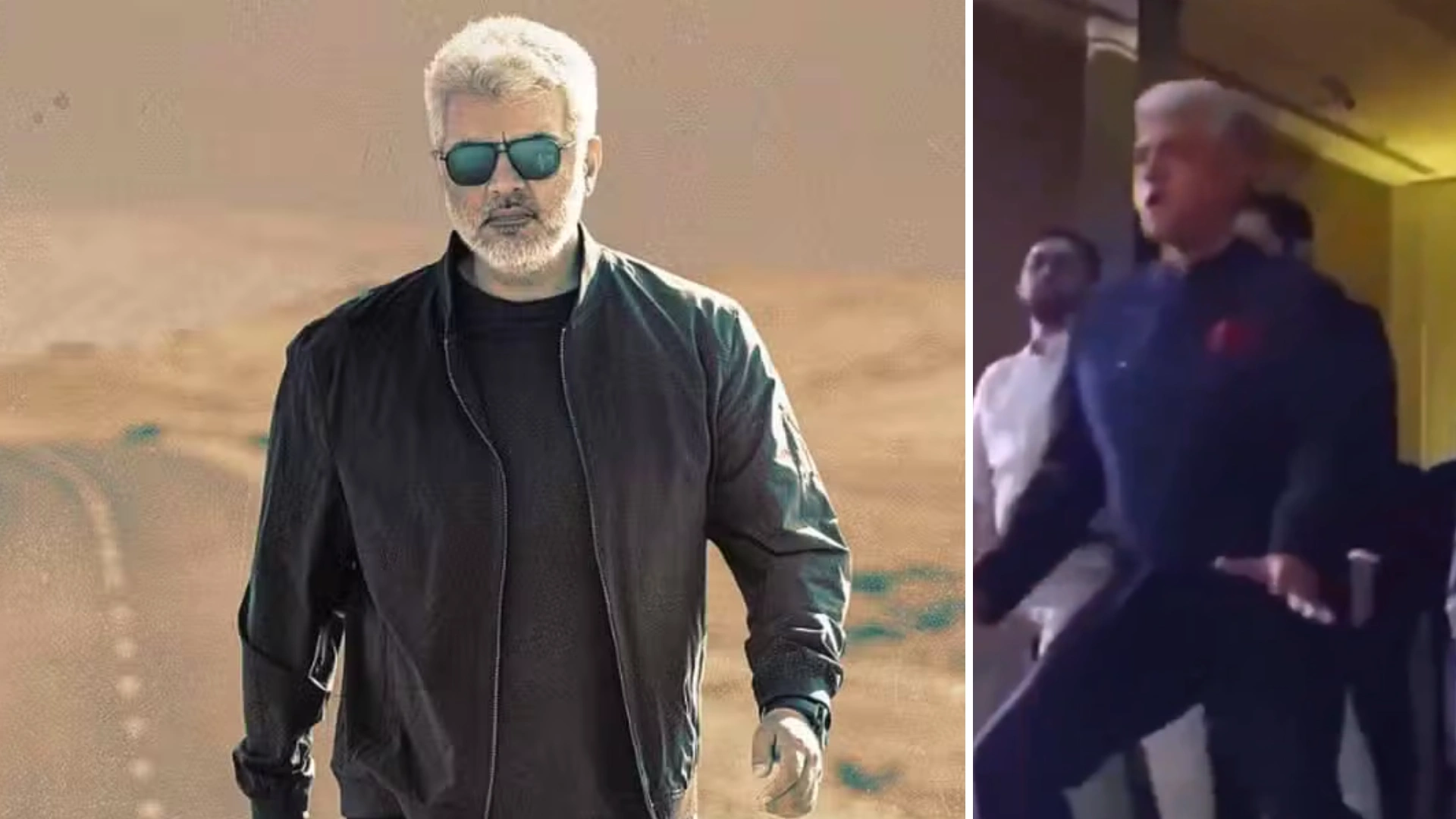On the occasion of Veterans Day, veterans’ organizations across the country are preparing to intensify lobbying efforts in the upcoming 119th Congress. These groups are focused on advancing long-standing priorities, such as mental health care and benefits expansion, while addressing newer issues like health care for incarcerated veterans. With Congress set to resume following the election break, advocates hope to see immediate movement on two significant bills currently on the table: the Senator Elizabeth Dole 21st Century Veterans Healthcare and Benefits Improvement Act and the Major Richard Star Act.
Mental Health and Expanded Health Care Coverage in the Dole Act
The Elizabeth Dole Act is aimed at significantly broadening health care and support services for veterans, covering everything from mental health to dental care and community services. Julia Mathis, legislative director at the American Legion, stressed the importance of the Dole Act for reducing the high rates of veteran suicides. “Improving the care that veterans are provided [and] ensuring that the sense of community care, belonging, all of that is important for our veterans,” Mathis said. “A properly funded VA will ensure that their suicide-prevention programs are wide-reaching and effective.”
Ensuring Financial Security for Medically Retired Veterans in the Richard Star Act
Another critical bill, the Richard Star Act, seeks to address the financial challenges faced by veterans who were severely injured and medically discharged before completing 20 years of service. Jose Ramos, vice president for government and community relations at the Wounded Warrior Project, is championing the bill, which would ensure these veterans receive both Defense Department retirement pay and VA compensation benefits. “They’re two distinct pays for two distinct reasons,” he explained, highlighting how medically discharged veterans like himself face an unfair disadvantage in retirement. “I lost my arm in 2004 after six years of service. My goal was to serve 20 years of service … and there’s a lot of individuals like that. … I think we’re unjustly punishing these individuals.”
Camp Lejeune Justice Act
Veterans exposed to contaminated water at North Carolina’s Camp Lejeune between 1953 and 1987 have been granted the right to sue for damages under the Camp Lejeune Justice Act of 2022. However, Eric Flynn, an attorney with Bell Legal Group, notes that ambiguities in the law have delayed cases and obstructed jury trials. The new Ensuring Justice for Camp Lejeune Victims Act would expand access to district courts and clarify language to allow jury trials, which could speed up pending cases. “A lot of this comes down to a sense of justice on the part of these men and women who have suffered so extraordinarily,” Flynn emphasized. “What people want is [to] have a jury hear their stories.”
Reproductive Health Care and Gender-Affirming Services Face Political Uncertainty
Changes in political leadership, with President-elect Donald Trump returning to office and Republicans likely controlling both houses of Congress, may impact veterans’ health care services. Allison Jaslow, CEO of Iraq and Afghanistan Veterans of America (IAVA), expressed concern about potential restrictions on VA-provided reproductive and gender-affirming health care. Under President Biden, the VA allowed abortion counseling and services for rape, incest, or life-threatening conditions, as well as hormone therapy for transgender veterans. Jaslow remains vigilant, saying, “One of the biggest things we’re watching is like, what are we going to have to fight back against?”
Incarcerated Veterans: Advocates Push for Restored VA Health Care Access
A pressing new issue on the agenda involves incarcerated veterans who are unable to access VA health benefits due to an outdated policy. The Veterans Justice Commission, led by Jim Seward, is advocating for restoring health care for veterans in prison. The VA ended health benefits for incarcerated veterans in 1999, but Seward believes this policy has worsened the challenges veterans face upon reentry. “We train our troops when they’re in combat and they face violence, they respond with violence,” Seward said. “Many veterans say when they come home, they feel like they’re expected to just turn off the switch, and they have no mission, and they kind of get lost in their head.”
Growing Representation of Veterans in Congress Brings New Opportunities
The incoming Congress will have robust representation from veterans, with 78 veterans elected to the House and 18 in the Senate. This level of representation means veterans’ issues may find new support across the aisle. Seth Lynn, founder of the Veterans Campaign, noted that veterans will account for nearly 20 percent of Congress. “It’s a really healthy number,” Lynn said, adding that this Congress will include a record eight women veterans. With more veterans in positions of influence, veterans’ groups are optimistic about advancing their legislative agenda and securing long-overdue benefits and protections for America’s service members.


















